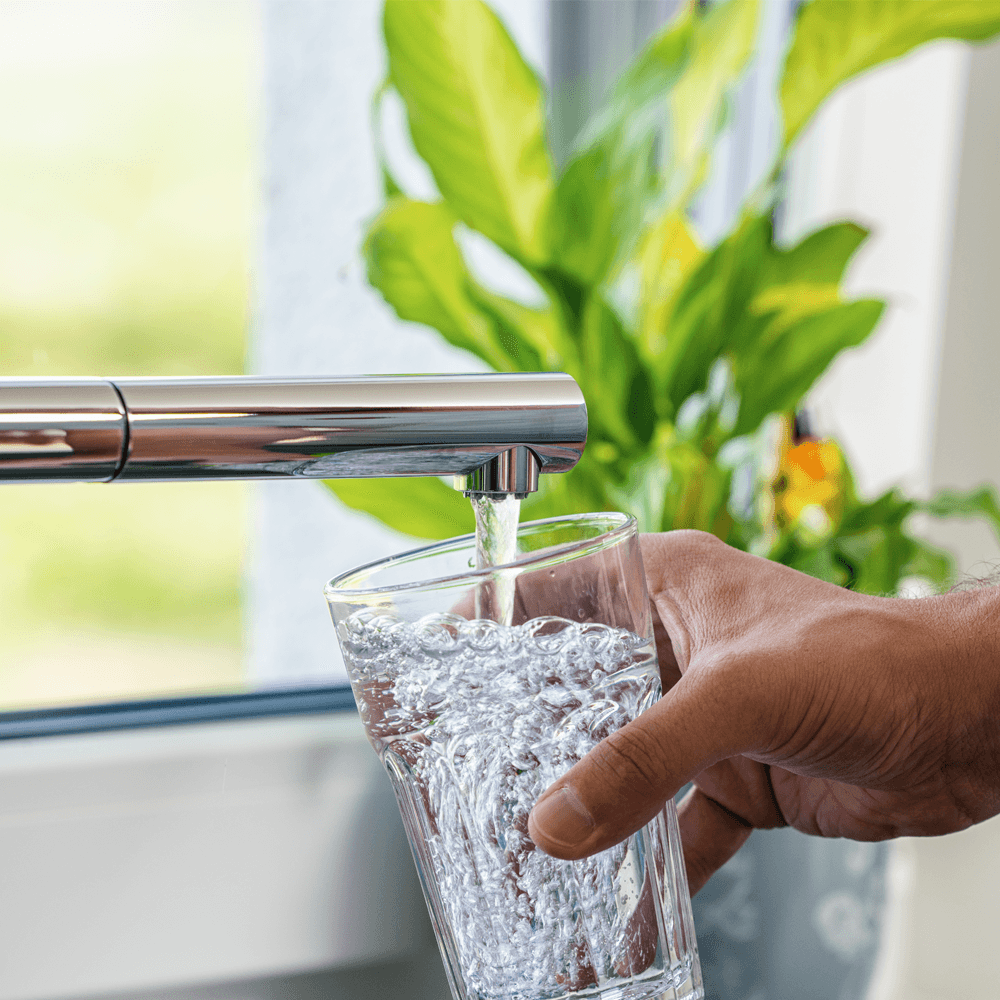AMWUA Blog
BY: AMWUA StaffSecuring our water future through Advanced Water Purification

Mother Nature has always recycled water, as all water on our planet has been used and reused since the beginning of time. Advanced Water Purification technology can speed up the same process for recycling water to provide us with a safe drinking, drought-proof water supply of higher quality than what occurs naturally. It is efficient and cost-effective on a large scale and would immediately boost local water supplies.
NASA has used advanced water purification technology in space for decades to ensure astronauts have water. This technology is also being used or pursued in Singapore, Australia, the Middle East, India, Texas, Florida, and California. Now, we are closer to having this technology in Arizona available for water providers to utilize another safe, reliable, robust, and renewable water supply.
The Arizona Department of Environmental Quality (ADEQ) released the draft rules for the Advanced Water Purification Program last week. These rules provide the regulatory framework for converting treated wastewater into safe, reliable drinking water, significantly shoring up Arizona’s water resources. These rules provide the necessary guidelines for municipal water providers to know what is expected of them if they choose to use this technology. More importantly, these rules ensure that whatever the source of water that arrives at your tap meets the Safe Drinking Water Standard that water providers take pride in achieving.
Allowing water providers to utilize Advanced Water Purification technology is an important step forward for Arizona to continue to secure its water future. This is all the more critical as we face having less Colorado River water in the future due to a long-standing drought and warmer and drier climate. Utilizing Advanced Water Purification (AWP), along with possibly increasing storage capacity on the Verde River by expanding the size of Bartlet Dam, are the only viable new water sources we can develop within the next 15 years. Other augmentation efforts, such as desalination or other water importation projects, will require a greater amount of time to create and build.
- AWP is safe and reliable: AWP utilizes multiple treatment methods to purify the water further. The result is purified water that is cleaner than most bottled water and complies with or exceeds strict state and federal drinking water standards.
- AWP enhances water security: This water source is a drought-proof supply. It can boost water supply reliability by providing a more immediate and direct source of drinking water than indirect potable reuse or water sources stressed by drought or shortage.
- AWP is more cost-effective on a large scale: The proposed regional facility for the Phoenix metropolitan area could treat 60 million gallons daily. That amount cannot be achieved by indirect potable reuse , the process of discharging treated reclaimed water into a groundwater basin or river channel before withdrawing it and piping it for further treatment and distribution. AWP does not require storage and recovery, which brings additional savings. AWP would not require expanding the separate infrastructure used to convey non-potable water to specific end-users, such as golf courses and industrial facilities.
- AWP is more flexible in a changing climate: AWP is less sensitive to climate-related challenges, such as prolonged droughts, and can reduce our reliance on other water supplies.
Advanced Water Purification stretches our water through technology that we can have confidence in based on science and its worldwide utilization. AWP is a tool that can help our desert communities become more resilient to drought conditions and ensure a consistent and reliable source of safe drinking water.
If you want to participate in ADEQ's review process, you can provide feedback on the draft AWP rules on ADEQ's public comment page .
For 55 years, the Arizona Municipal Water Users Association has helped protect our member cities' ability to provide their communities with assured, safe, and sustainable water supplies. For more information, visit www.amwua.org .
